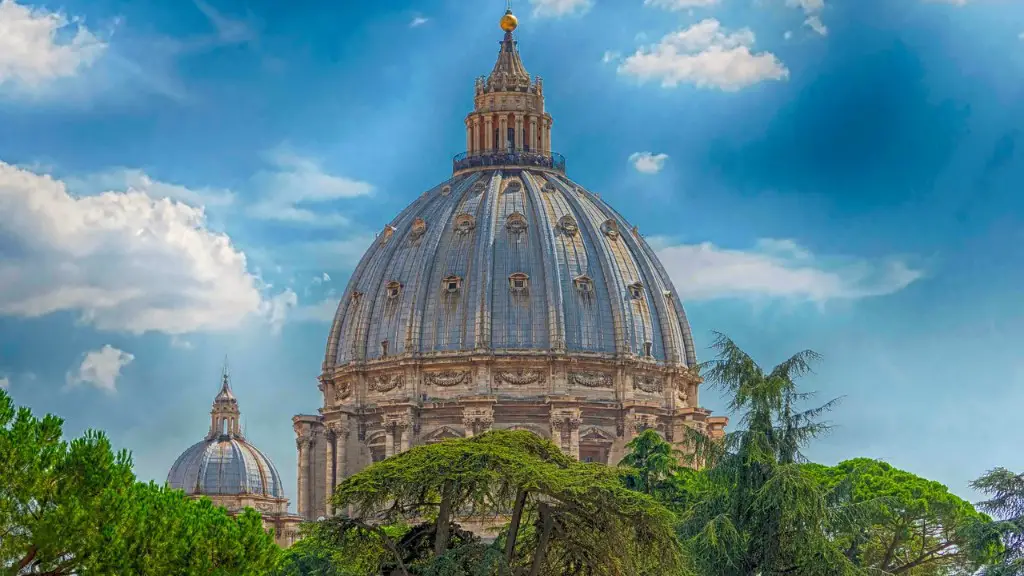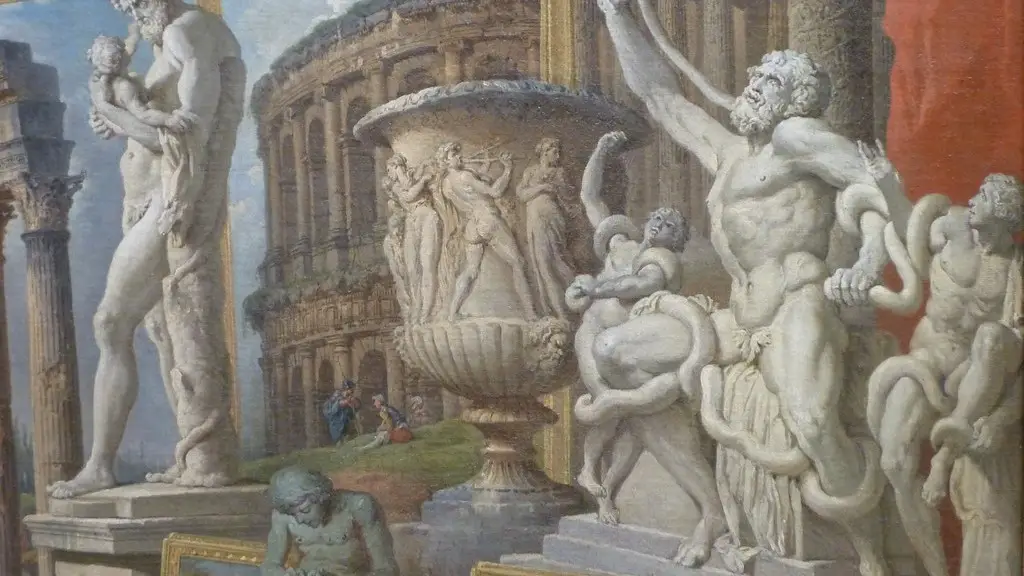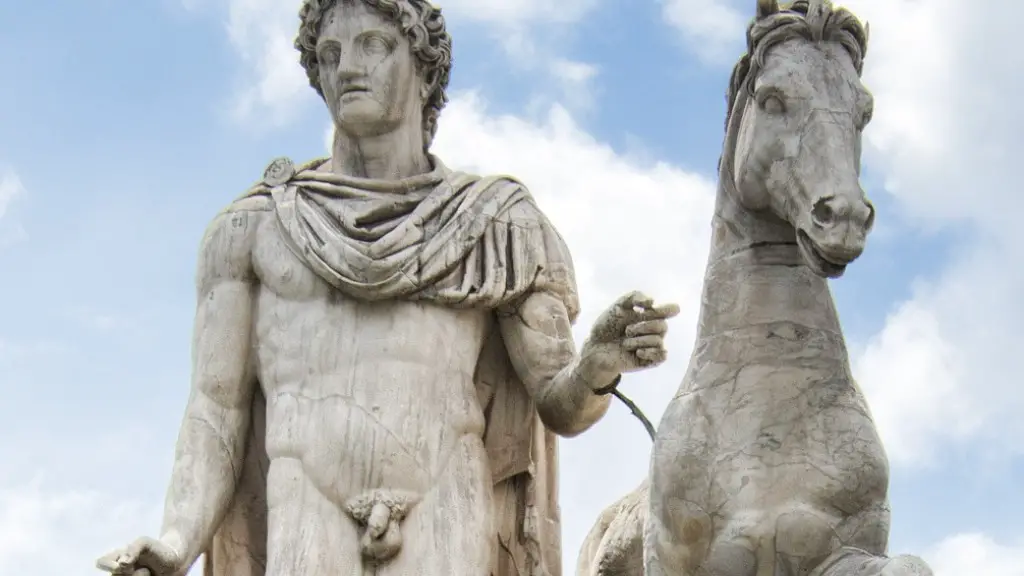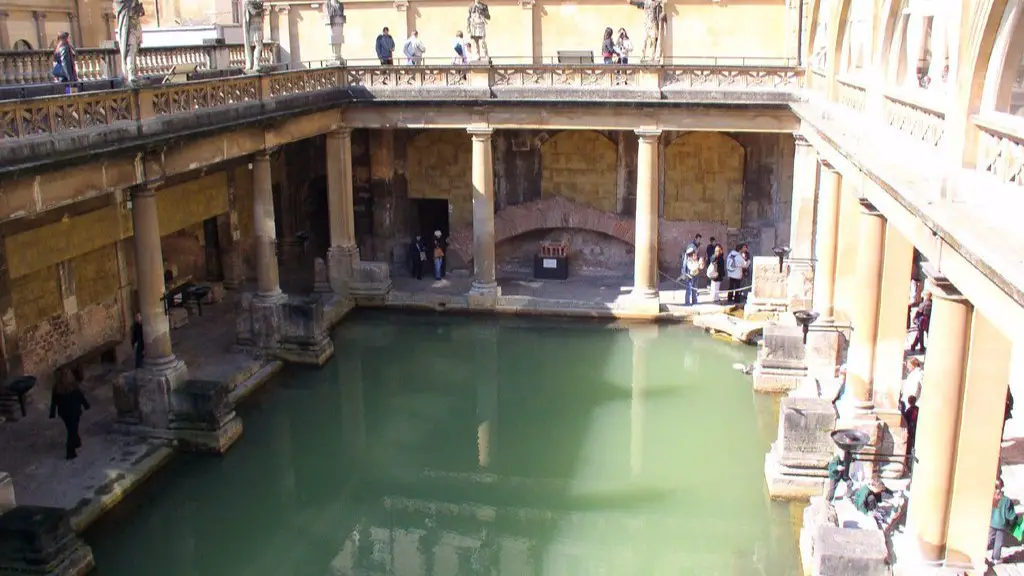In ancient Rome, the Patricians were the most powerful and respected citizens in society. They were the aristocratic class of wealthy citizens who held important political, religious, and military posts. The title ‘Patrician’ was reserved for the descendants of Rome’s original senators and from the gens patricia or patrician, originates from Latin patres for fathers. They were members of the highest class in Roman society who enjoyed many privileges, particularly in fiscal matters, such as exemption from certain rates and taxes, and held many offices of honor, such as consuls, aediles, and tribunes.
In the early period of the Republic of Rome until late in the Western Empire, Patricians were the only group who had the right to govern and speak in the Senate, to serve as the leading priestly colleges, and to exercise jurisdiction over plebeians in the Roman courts. To be a Patrician, one must be born to a Patrician family and maintain their elite reputation through generation after generation. For the most part, individuals could not advance to the Patrician class through marriage or political office although there were some exceptions.
The Patricians controlled all public offices and held the majority of the political power in Rome. They formed an exclusive and tightly knit ruling class, owning large estates, exercising jurisdictional and military authority, monopolizing public office, and making the greatest contributions to the public finances. Patricians also had exclusive rights to certain leisure sports, such as chariot races and gladiator games. They imposed numerous restrictions upon the plebeian class, who were not allowed to stand for political office and had little access to the legislative process.
Education was an important part of Patrician life. For example, they had access to the best teachers and some of the most influential and influential families sponsored a philosophical curriculum that included grammar, rhetoric, and philosophy. Although Patricians received a higher education than the common folk, it was still seen as an extension of their privileged class. Patricians were usually wealthy individuals who owned farmland and were able to enjoy luxury and leisure, such as formal dining and entertainment.
The power of the Patricians began to decline during the late Roman Empire. This stemmed from the rise of mercantile wealth in the cities and from the weakening of the aristocrats’ control of the government by military leaders. The weakening of the old system of birth-based privilege allowed for the emergence of the middle class, which gradually increased its power over the plebeians. By the time of the Barbarian Invasions, Patrician families had all but disappeared.
Though the class of Patricians no longer exists in contemporary society, it is clear that their influence can still be seen in many aspects of modern economic and political institutions. Throughout history, civilisations have used a class system to divide social strata and the Patricians played a major role in the Ancient Roman Empire. As the upper-class of Roman society, their influence, power and privilege was undeniable.
The Impact of Patricians
The impact of the Patrician class transcended ancient Rome, with remnants of their legacy being evident throughout the entirety of the Western world. By being well connected, powerful, and educated, Patricians were able to shape the future of the Roman empire. Working directly with the plebeians, as well as leading government positions, Patricians could manifest laws and policies that would benefit their elite class, while additionally changing the course of Roman civilisation.
The introduction of new laws, the promotion of philosophy and education amongst the upper classes, and the control of religious practice were just a few of the effects of Patrician influence that reverberated throughout Roman history. Through their abilities, Patricians were even able to shape the economic markets, earning privileges and wealth, which they could pass down to their families.
The reaction of the plebeians to the controlling nature of the Patricians was varied. Some people looked up to Patricians and actively sought their friendship whilst others were more openly hostile. On the international stage, there is evidence that other nations were wary of the Roman Patricians, as they had near unrivalled power in comparison to the other civilisations of the era.
The Legacy of Patricians
The legacy of Patricians still resonates in today’s world. Though Rome may have been long gone and its Patrician class long since faded away, the same concepts of a ruling class have in many ways been transmuted, adapted and evolved over the ages. While the positions of power and the details of the class system may have changed, many of the same dynamics that existed in ancient Rome can still be seen in many aspects of modern life.
In the Western world, the influence can be seen in the continued use of titles and inherited wealth, which give a certain group of people more power and influence than others. Even today, many of the Roman Patricians ideals reverberate through our society, as seen in the power of elites, the continued presence of a social class system and the notion that what was good for Rome’s Patricians was good for Rome.
Conclusion of Power
Though the power of Patricians in ancient Rome is long gone, their impact on the civilisation, politics, and culture of the time is unmistakable. Their powerful influence extended beyond the ancient boundaries of the empire and even in to modern times where many societies are still shaped by the framworks of the ruling classes of old. From education and economics, to international policy and leisure time, the Patricians of Rome had a defining effect on the Roman society and left a lasting legacy that can still be seen in our world today.
The Turning Point
Towards the end of the Roman Republic, tensions began to arise between the Patricians and their increasingly powerful political adversaries, the Plebeians. This friction eventually culminated in the Secession of the Plebs, wherein the Plebeians withheld their labour and services, finally winning the right to hold public offices.
The Secession of the Plebs, which occurred around 494 BC, marked the beginning of a new era in Rome and ultimately lead to a more egalitarian society. After their victory, years of emancipations, laws, and reforms eventually led to the near extinction of the original Patrician class.
However, upon developing their newfound freedoms, the Plebeian class began to follow in the footsteps of the Patricians. Laws were established that declared only those of certain socioeconomic statuses could be considered for certain positions in the Rome and many Plebeians worked to earn their place in the same exclusive and privileged circles that their predecessors had once occupied.
Legacy as Inspiration
Though their influence may have waned, the Patricians of ancient Rome still serve as a source of inspiration and fascination. They are an example of the pervasiveness and presence of power and privilege that is still seen in various aspects of our society today. Through the lessons of history, we can learn how a class of elites can both build and destroy a society, whilst also exploring the power dynamics that continue to shape our own social structure.
By studying the lives and legacy of the Patricians of ancient Rome, we can learn vital lessons about privilege, power, and the role of the elite within our democratic systems. For example, the struggle between the Patricians and Plebeians can be likened to the struggles between the wealthy upper classes and the middle and lower classes in our society today. From the lessons of history, we can gain valuable insights that can help us shape more equitable systems of governance going forward.
The Importance of Legacy
The Patricians of ancient Rome left behind a legacy that is still relevant to this day. From the privilege and power of the noble classes to the class struggle that still exists in our own society, the importance of this legacy is undeniable. Throughout our ever-changing societies, the lessons of Rome’s past remain pertinent and should continue to act as a reminder of the power that privilege and power can have, for better or for worse.




